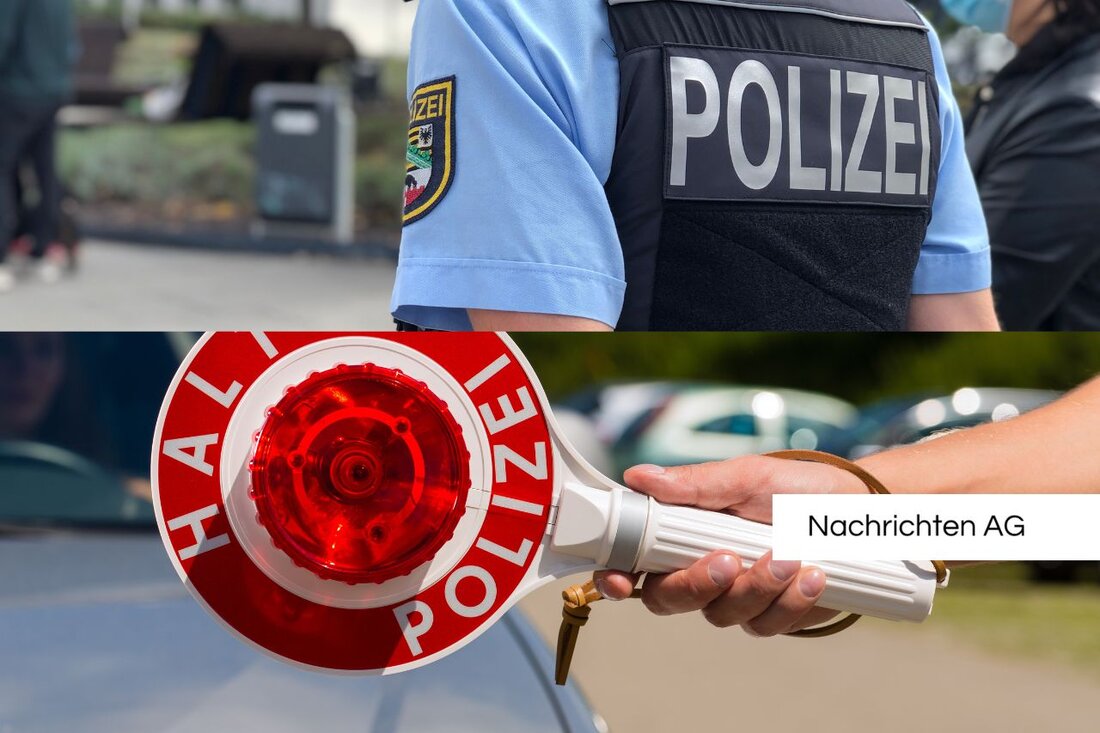Dutch coalition breaks: Wilders unleashed asylum crisis!
Dutch coalition breaks: Wilders unleashed asylum crisis!
Vienna, Österreich - The government coalition in the Netherlands broke due to intensive disputes over migration policy. Geert Wilders, the leader of the radical right party for freedom (PVV), announced the withdrawal of his party from the four-party coalition. Wilders said on platform X that there would be no signature for the controversial asylum plans and no adjustment of the coalition agreement. These developments raise questions about the future political orientation of the Netherlands; New elections now seem likely.
The conflict began when Wilders blackmailed the coalition with the threat of leaving it if his demands for a tough course in asylum policy were not met. Millions of Dutch expected the implementation of a ten-point plan of PVV, which included the closure of the borders for all asylum seekers and the use of the army for border control. Tens of thousands of Syrian refugees should be sent back and asylum centers should be closed. Wilders also called for an end to the family reunification for recognized refugees and the designation of criminal persons with double nationality.
unstable coalition and political conflicts
The PVV only became surprisingly strongest in parliament in November 2023 and entered a government for the first time. This government consisted of PVV, the right -wing liberal VVD, the Center Party NSC and the right -wing populist farmers' party BBB. It was led by the independent Prime Minister Dick Schoof. From the beginning, however, the coalition was fragile; The NSC expressed concerns about the constitutional loyalty of the PVV. The last criticism came from the coalition partners of the PVV Minister of Asylum, Marjolein Faber. The government also conflict with the European Union in relation to its asylum policy. In September, the government applied for an exemption in the EU asylum system.
The foundation of the PVV goes back to Geert Wilders, who was previously a member of the conservative People's Party for Freedom and Democracy (VVD). After internal criticism and the loss of his position within the faction, he founded the PVV, which developed from a conservative-liberal approach with strong Islam hatred into a populist radical right. The party has already had a significant influence on Dutch politics in its first ten years, but the voter support and ideology have changed over time.
populism and migration in Europe
The background of the current political situation in the Netherlands reflects a broader trend in Europe, in which migration and populist politics are closely interlinked. Scientific discourses, such as the conference of the SIR Peter Ustinov Institute 2023, emphasize the need to deal with the challenges of migration in a way that is neither downdated nor misused for political purposes. These approaches are particularly relevant because they examine the dynamics between migration and the strengthened nationalist and populist movements. In summary, it can be said that developments in the Netherlands have their roots in a complex network of populism, asylum policy and social changes.
The future of the government remains uncertain; New elections could bring new political orientations with it, while the PVV continues to have an incomprehensible influence on the political agenda of the Netherlands.
For more information, read the reports from vienna.at , Huffpost and The Standard .
| Details | |
|---|---|
| Ort | Vienna, Österreich |
| Quellen | |


Kommentare (0)